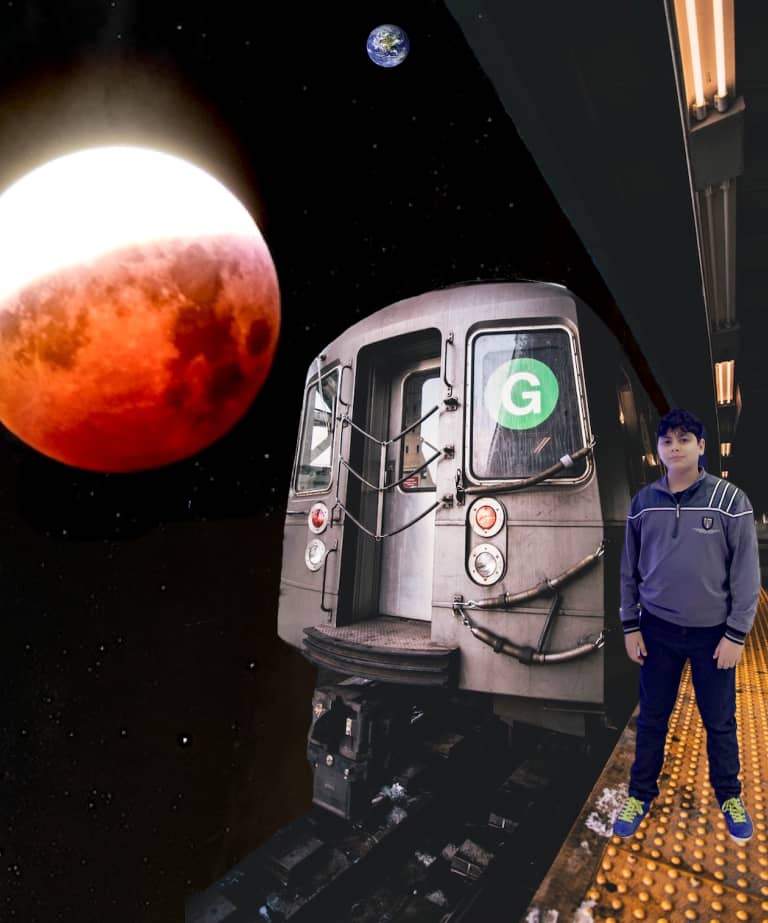To achieve interstellar travel, the Kline Directive instructs us to be bold, to explore what others have not, to seek what others will not, to change what others dare not. To extend the boundaries of our knowledge, to advocate new methods, techniques and research, to sponsor change not status quo, on 5 fronts:
1. Legal Standing. 2. Safety Awareness. 3. Economic Viability. 4. Theoretical-Empirical Relationship. 5. Technological Feasibility.
In this post I will explore Legal Standing.
With respect to space exploration, the first person I know of who pushed the limits of the law is Mr. Gregory W. Nemitz of The Eros Project. He started this project in March 2000. As a US taxpayer, Nemitz made the claim that he is the Owner of Asteroid 433, Eros, and published his claim about 11 months prior to NASA landing its “NEAR Shoemaker” spacecraft on this asteroid.
Within a few days of the NEAR Shoemaker spacecraft landing on his property, Nemitz sent an invoice for twenty dollars to NASA, for parking and storage fees at twenty cents per year, payable in one century installments.
Citing faulty interpretation of the Outer Space Treaty of 1967, NASA refused to pay the fees required by Nemitz. This issue then proceeded to court. Unfortunately, on April 26, 2004 U.S. District Court Judge Howard McKibben Ordered the case to be dismissed.
The moral of this real story is that you don’t have to be a high flying physicist, planetary geologist, astrobiologist or propulsion engineer to advocate &/or sponsor interstellar travel initiatives. You could even be a retired coastguard, and miraculous things might happen.
Congratulations Gregory Nemitz for trying something nobody else dared to do in the spirit of the Kline Directive.
Planetary Resources, Inc. whose founders are Eric Anderson and Peter H. Diamandis could possibly provide the second challenge to space law. How? The “treaty also states that the exploration of outer space shall be done to benefit all countries” … you see where I’m going with asteroid mining?
I’m not an attorney, but these are things we need to watch for. In the light of Planetary Resources objectives and activities Nemitz’s parking fee case poses some dilemmas. First, if the US Government will not stand up for its citizens or entities, what is to stop other governments from imposing taxes for mining what is “to benefit all countries”?
Unfriendly governments will be quick to realize that they have nothing to lose and everything to gain by pursuing such claims in international courts, and through UN organizations.
Second, the judicial system could not intervene because, were it to agree, then everyone would have a claim to outer space property without investing in their claim. That would be like saying John Doe, during the gold rush of the 1840s & 1850s, could claim half of California but had no intention to exercise his mining rights.
Everything hinges on what one could consider an ‘investing’. The Homestead Acts of 1862 to 1909 would be a useful analog. These Acts gave an applicant ownership at no cost of farmland called a “homestead” to anyone who had never taken up arms against the U.S. government, had to be 21 or older or the head of a family, live on the land for five years, and show evidence of having made improvements.
So what would an interplanetary equivalent be? You, the reader could propose your version. Here is a first pass at it. There are two parts:
1. Asteroids: An applicant may claim ownership to an asteroid, provided the claimant had never taken up arms against the U.S. government, and can exercise the claim by placing a token of claimant’s ownership on the claimed asteroid within 1,000 Earth days or equivalent, of submitting the claim. Upon placing the token on the asteroid, the claimant is then given 2,000 Earth days or equivalent, to show evidence of having developed the commercial value of the asteroid.
Failure to comply will cause the claim to be null & void and return the asteroid to the public for future applicants to claim the property.
2. Planetary Resources: An applicant may claim ownership of up to 25 km2 of planetary surface, and the mineral & water rights within the area, provided the claimant had never taken up arms against the U.S. government, and can exercise the claim by placing a token of claimant’s ownership on the claimed planetary surface within 1,000 Earth days or equivalent, of submitting the claim. Upon placing the token on the planetary surface, the claimant is then given 2,000 Earth days or equivalent, to show evidence of having developed the commercial value of this planetary surface.
Failure to comply will cause the claim to be null & void and return the planetary surface to the public for future applicants to claim the property.
In the case of gaseous planets like Jupiter, the claim shall be limited to 25 km3 at specified altitudes, longitudes, and latitutes.
Planetary Resources, Inc. I wish you the best.
Previous post in the Kline Directive series.
Next post in the Kline Directive series.
—————————————————————————————————
Benjamin T Solomon is the author & principal investigator of the 12-year study into the theoretical & technological feasibility of gravitation modification, titled An Introduction to Gravity Modification, to achieve interstellar travel in our lifetimes. For more information visit iSETI LLC, Interstellar Space Exploration Technology Initiative.
Solomon is inviting all serious participants to his LinkedIn Group Interstellar Travel & Gravity Modification.
